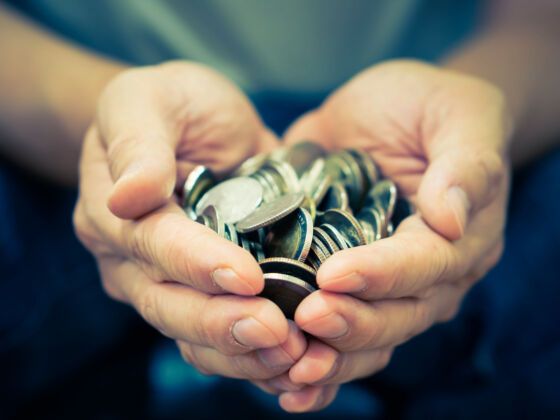Giving was a concept my mother tried to instill in me when I was young, but for some odd reason it never quite stuck. If I learned anything from birthdays it was this: It was much, much better to receive than to give.
The first time I gave (willingly) to someone, I was 12. Our family had traveled from North Carolina to Virginia Beach for a craft show. I was helping dad pack up for the day when an old black man in an Acapulco shirt approached me.
